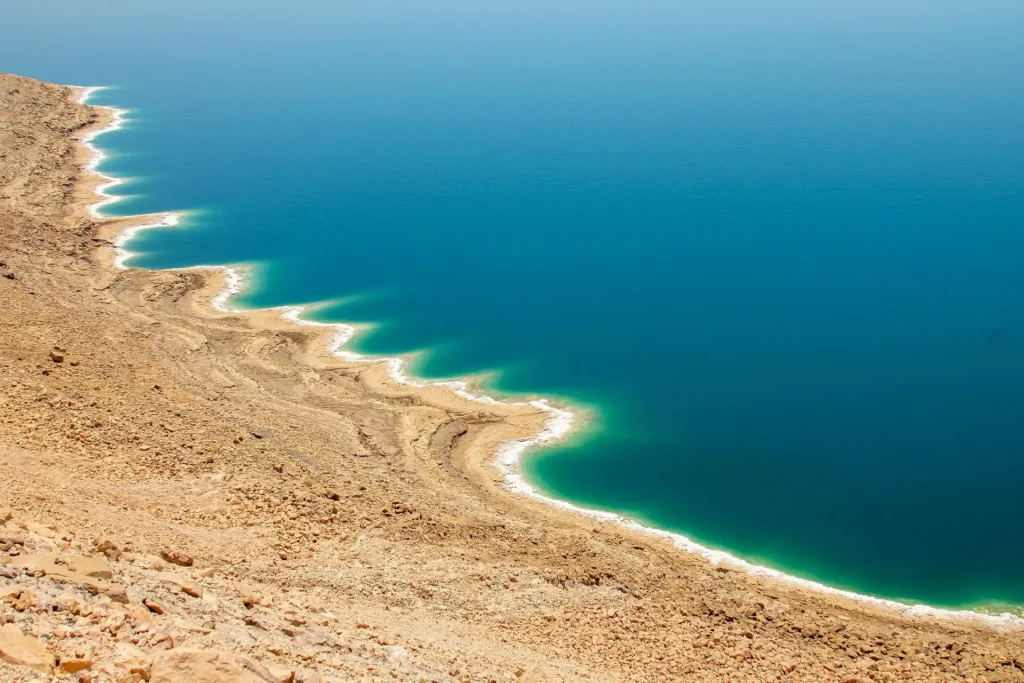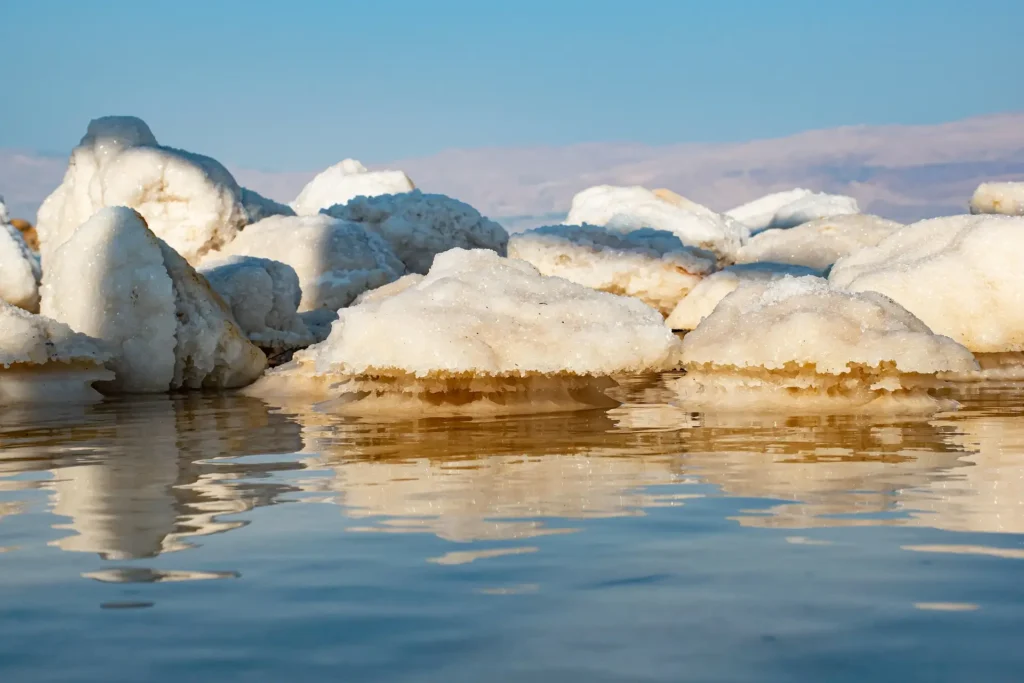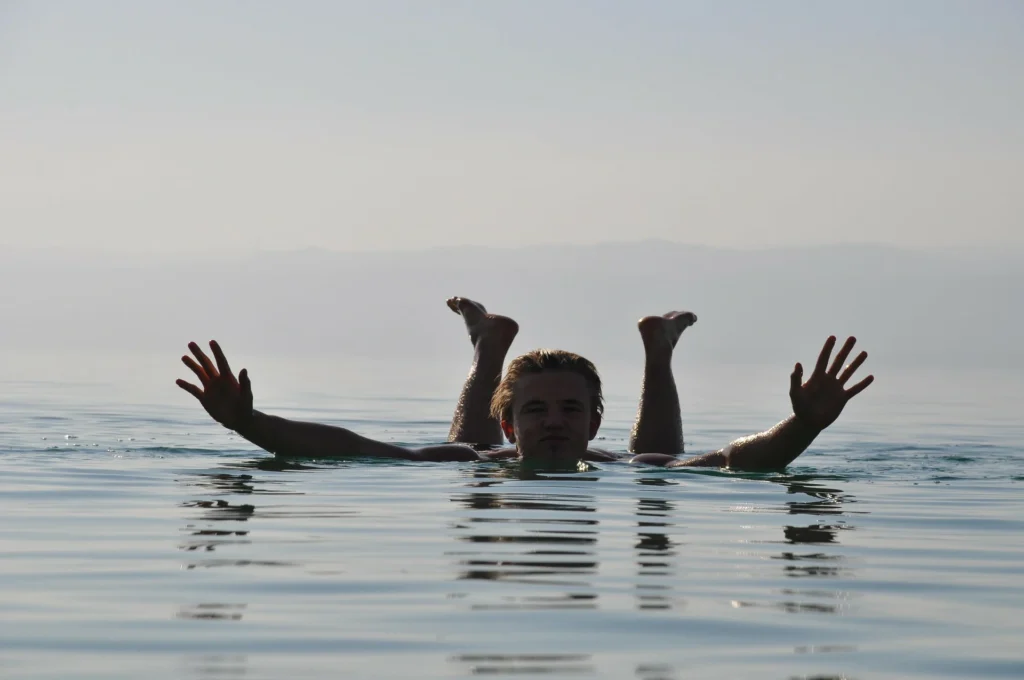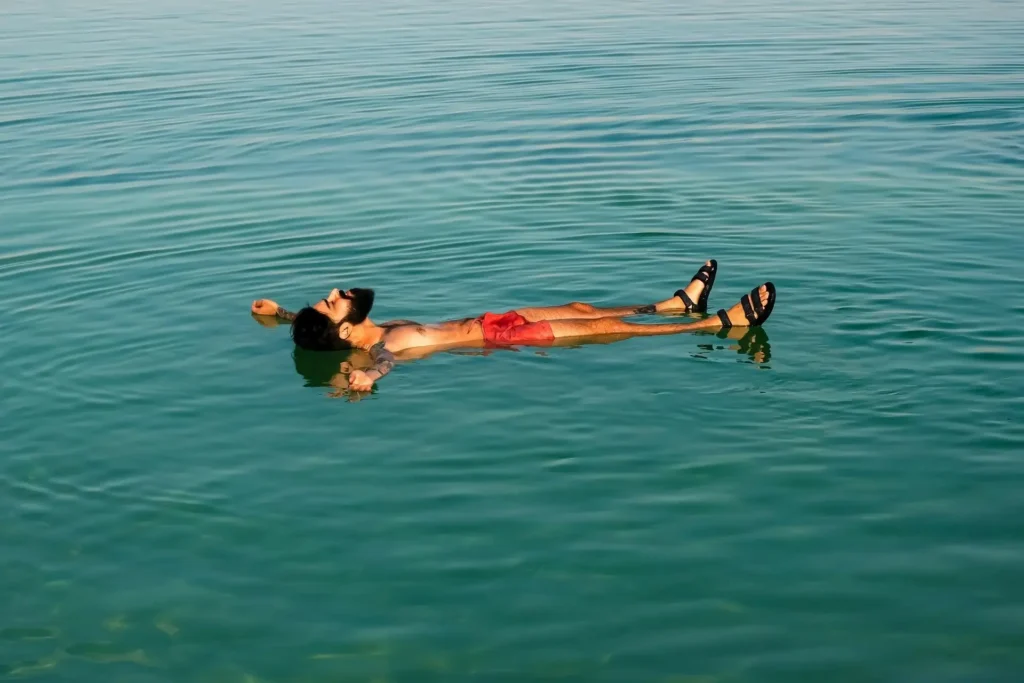A Journey to the Lowest Point on Earth: Floating in the Dead Sea
Picture yourself in an otherworldly landscape where shimmering waters stretch endlessly under the sun, and the air feels heavier, charged with minerals and mystery. Welcome to the Dead Sea, a destination unlike any other. Whether you’re seeking relaxation, a health-boosting retreat, or simply looking to check off a truly unique bucket list experience, the Dead Sea offers it all. From its impossibly salty waters that cradle you as you float to its mineral-rich mud with healing properties, this guide will help you prepare for everything the Dead Sea experience entails.
By the time you finish reading, you’ll not only be ready to float in one of the Earth’s most intriguing natural wonders, but you’ll also be equipped with tips, knowledge, and inspiration to make your trip utterly unforgettable.

Why the Dead Sea is a Must-Visit Destination
Let’s start with what makes this place so distinctive. Known as the lowest point on Earth at 430.5 meters below sea level, the Dead Sea is a marvel of geography and nature. This unique location is fed by the Jordan River and surrounded by rugged desert landscapes that are as dramatic as they are serene.
The water is so salty — over nine times saltier than the ocean — that no fish or aquatic life can survive here, giving it the name “Dead Sea.” But while it’s lifeless for aquatic creatures, it’s teeming with benefits for us. The mineral content in the water and mud has been used for centuries in health and beauty rituals. Floatation here isn’t just a quirky natural phenomenon; it’s an unforgettable experience and a chance to indulge in one of nature’s most abundant wellness offerings.
Fun fact: Cleopatra is said to have sourced her beauty secrets from the Dead Sea!

Best Time to Visit the Dead Sea
Timing your trip is crucial to making the most of your experience. The seasons dictate not only the weather but also the crowds and the overall ambiance.
- Spring (March-May): Arguably the best time to visit, with mild daily temperatures ranging between 20-28°C (68-82°F), making activities like floating and hiking enjoyable.
- Fall (September-November): A close second to spring, offering similar conditions and quiet beaches.
- Summer (June-August): Temperatures can soar above 40°C (104°F), which may be too extreme for some. If visiting in summer, early mornings and late evenings are the most comfortable times to explore.
- Winter (December-February): Cooler air and water temperatures mean fewer sunbathers but also a quieter setting overall.
Whenever you go, never underestimate the strength of the sun. Slather on sunscreen, wear sunglasses, and hydrate often.
How to Get to the Dead Sea
Travel from Nearby Cities and Airports
If you’re arriving internationally, the easiest gateways are Queen Alia International Airport in Amman, Jordan, or Ben Gurion International Airport near Tel Aviv, Israel. From there, the Dead Sea is just a short drive or shuttle ride away, depending on which side you plan to explore.
From Jordan:
- The northern shores are accessible via a 1-hour drive from Amman. Rent a car or book a taxi.
- Public transportation exists but is rare and less reliable for tourists.
From Israel:
- The Ein Bokek beach area is a 2-hour drive from Tel Aviv and about 1.5 hours from Jerusalem.
- Consider using Egged buses or shared taxis for convenience.
Entry Requirements
Jordan, Israel, and Palestine each control sections of the Dead Sea. Check visa requirements for your nationality to ensure smooth entry, and always carry proper identification when crossing borders.
Preparing for Your Dead Sea Experience
What You Should Pack
Your trip to the Dead Sea will bring you up close with nature, which means packing the right essentials can make all the difference:
- Waterproof footwear: The shores are rocky, and the salt can cut exposed feet.
- Swimsuit: Choose dark colors, as the salty water and mud may stain lighter fabric.
- Towel: Preferably an older or dark-colored one.
- Sunscreen: The UV rays are intense, even if it doesn’t feel too hot.
- Reusable water bottles: Staying hydrated is essential in this arid climate.
Safety Guidelines
The salty water of the Dead Sea enhances its uniqueness, but it also requires some extra considerations for safety:
- Don’t shave or exfoliate beforehand — it will sting!
- Avoid diving or splashing; the salt can cause severe irritation if it gets into your eyes or mouth.
- Float on your back only; the density of the water makes traditional swimming nearly impossible, and attempting to do so can be dangerous.
Floating in the Dead Sea: What to Expect

Why You Float
The super-salty composition of the Dead Sea, containing nearly 30% salt content, creates incredible buoyancy. This means your body, regardless of shape or size, will naturally float on its surface, providing a sensation that’s as surreal as it is relaxing.
How to Float (Like a Pro!)
- Gently walk into the water until it’s about knee-deep.
- Turn around and carefully lean back. There’s no need to lift yourself — the water will hold you.
- Tilt your head back, relax your arms, and enjoy!
Other Activities Around the Dead Sea
Rejuvenate with Mud Treatments
The mineral-loaded mud along the Dead Sea’s shores is famous for its skin-purifying and rejuvenating effects. Don’t pass up the opportunity to slather yourself with this “liquid gold.” Once applied, let it sit for about 15 minutes before rinsing off in the water. Many spas also offer professional mud wraps for more indulgence.
Explore Nearby Attractions
- Masada Fortress: A UNESCO World Heritage Site with a gripping ancient history. Take a cable car or hike for unbeatable views.
- Ein Gedi Nature Reserve: A lush oasis that offers picturesque waterfalls and hiking trails.
- Mount Nebo: With its biblical significance, this mountain is a feast for the mind and soul, providing sweeping vistas over the Holy Land.
Accommodation Near the Dead Sea
Luxury Stays
If you’re looking to indulge, the Dead Sea is dotted with upscale resorts offering private beaches, world-class spas, and gourmet dining. The Kempinski Hotel Ishtar Dead Sea and Isrotel Dead Sea Resort & Spa are standout choices.
Budget-Friendly Options
Traveling on a budget? No worries. Mid-range hotels and smaller guesthouses nearby provide affordable yet comfortable accommodations. Keep an eye out for properties offering access to public beaches to save money without missing out.
FAQ: Everything You Need to Know About Floating in the Dead Sea
Is it true you can’t sink in the Dead Sea?
Yes! Thanks to its high salinity, it’s impossible to sink — unless you try very hard to position yourself incorrectly!
Can you swim in the Dead Sea?
Not exactly. Floating is the main attraction here since swimming motions don’t really work in water this dense.
Why can’t fish or other animals live in the Dead Sea?
The extreme salinity of the water creates an environment that’s uninhabitable for fish or other aquatic creatures.
What are the health benefits of the Dead Sea?
The Dead Sea’s minerals are known to alleviate skin conditions like psoriasis and improve circulation. Plus, the buoyancy helps reduce joint strain, making it ideal for relaxation and therapy.
Conclusion
The Dead Sea isn’t just a destination; it’s an experience for the senses and the soul. Floating on its waters, slathering its mud on your skin, and standing in awe of its stark beauty reminds you just how extraordinary nature can be.
So, get ready to check off this one-of-a-kind adventure from your bucket list. Pack your bags, book your stay, and float your worries away — the Dead Sea is waiting to show you its wonders.
